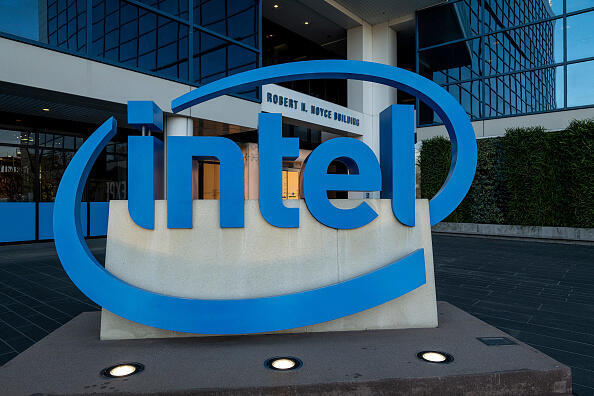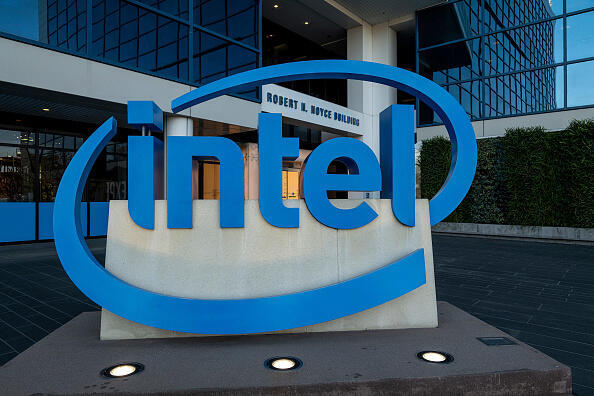
Intel restores car benefit, citing progress on savings goals: "We understand the importance of this to employees"
New allowance plan comes as Intel restores key perks, amid efforts to stabilize morale during massive cost reductions. “Given our progress against our savings objectives, we have decided to retain the car benefit,” Christy Pambianchi, Intel's Executive Vice President and Chief People Officer, wrote to employees.
Intel has announced that it will reinstate car benefits for employees, reversing part of the sweeping cost-cutting measures that had caused discontent among staff. In an email circulated to employees, Christy Pambianchi, Intel's Executive Vice President and Chief People Officer, confirmed that the company would retain car benefits with modifications aimed at achieving savings. The announcement comes as Intel’s Israel division has also restored complimentary coffee and tea in response to employee concerns over recent cutbacks.
Under the new structure, Intel will transition employees with company car leases to a car allowance upon their lease expiration. New entrants, however, will be paused as Intel conducts an ongoing review of the program. “Given our progress against our savings objectives, we have decided to retain the car benefit with some important updates,” Pambianchi wrote, noting that the car program, like all Intel benefits, will be regularly benchmarked against industry standards and the company’s financial position.
“We understand the importance of this benefit to many of our employees and are committed to supporting you as much as possible during these challenging times,” Pambianchi wrote. “Our goal remains to ensure the long term sustainability of intel while minimizing the impact on our employees.”
Intel Israel is estimated to be currently leasing around 2,500 cars in total and was expected to save over $3 million by eliminating the benefit.
The shift in policy highlights Intel’s efforts to balance cost reduction with employee morale, especially in Israel, where recent benefit reductions have caused significant backlash. For eligible employees, the loss of company cars had effectively reduced their compensation by an estimated 10%, further fueling frustration amid Intel's larger global restructuring efforts. The company’s August announcement of a 15,000-job reduction, amounting to 15% of its workforce, has already impacted hundreds of roles in Israel.
Employee sentiment around Intel’s cost-cutting measures reached a boiling point last month when the company abruptly halted its long-standing complimentary coffee and tea service in Israel, a small but valued perk. Many employees cited this as a symbol of the broader morale issues stemming from Intel's austerity program. After facing criticism, Intel restored the coffee and tea service, signaling a willingness to reconsider some of its more contentious decisions.
For Intel, reinstating the car benefit with adjustments may help mitigate employee dissatisfaction. However, Pambianchi’s email clarified that Intel is carefully evaluating each perk in light of its broader savings targets, suggesting that further changes could still be on the horizon.
Intel’s workforce has been particularly vocal in Israel, where concerns have also been raised regarding the legality of certain cuts. In a meeting held during the summer, employees expressed frustration that the benefits reductions, including the car program, were enacted without their consent. While Intel responded by affirming that the changes had been reviewed, the response left some employees questioning the company’s approach to handling the financial burden on its staff.















